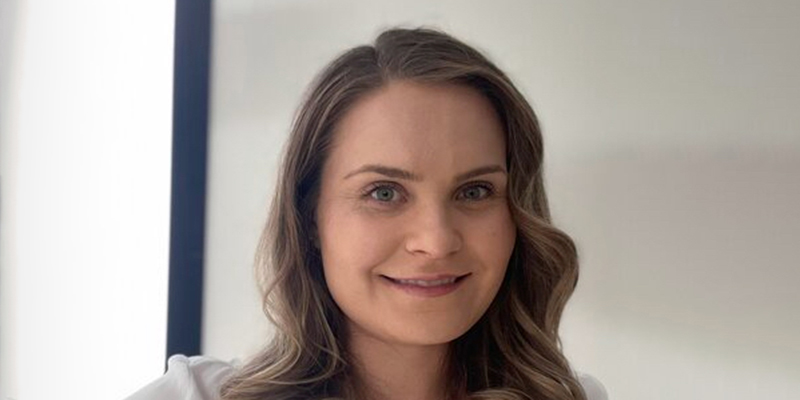
A youth mental health researcher aiming to map suicide hotspots and avert further suicides in WA has been awarded a prestigious fellowship from the Forrest Research Foundation.
The Kids Research Institute Australia researcher Dr Nicole Hill was one of eight early career researchers to be awarded the Forrest Foundation’s Prospect Fellowship for her project
Dr Hill will take up the fellowship through the university of Western Australia and said her 18-month research project will have two components.
“The first component involves identifying exactly where hot spots of both youth suicide and adverse mental health events occur in WA. This will occur alongside an audit of youth mental health services in hot spot communities which will identify critical factors such as waitlist times, travel time, and hours of operation that may impact individuals to seek help during a mental health or suicidal crisis,” she said.
“Then, I’ll be working with stakeholders and individuals with lived experience in those hotspot communities to work out what support can be provided in the interim to bridge the gap between barriers in the existing healthcare service system.
Dr Hill has a background spatial epidemiology and youth suicide prevention and will use her expertise to analyse what common factors could be contributing to suicide clusters, and importantly, how to prevent them.
With my colleagues from The Kids Research Institute Australia, this project will use cutting edge mapping techniques to identify where youth suicide and adverse mental health events are most common in Western Australia
Crucially, this research will examine both emergency department presentation data for adverse mental health events, as well as coronial data on youth suicides.
“The idea behind these data sources is that effective suicide prevention requires upstream efforts that are implemented in communities before a suicide occurs,” Dr Hill said.
“At the end of the day, if we focus exclusively on identifying communities where youth suicide clusters exist, then that’s one too many lives lost, so we need to be looking at strategies to support these communities before a suicide cluster occurs.”
Dr Hill said that suicide is the leading cause of death in young people under the age of 24 in WA, and despite significant public health investment, the number of young people in WA who die by suicide has not declined.
“Suicide prevention requires a whole systems approach including community support, clinical support, and mental health and suicide awareness. Having the support of the Forrest Research Foundation will help fill existing gaps in evidence and will help to get this important research translated into action,” she said.
Nicola Forrest AO said COVID-19 and the challenges of the past 12 months have had a huge impact on the funding available to the Australian research community.
“We are proud Forrest Research Foundation has been able to move quickly to respond to this challenge with the Prospect Fellowship program,” she said.
“It’s very exciting to welcome these eight exceptional new minds to Western Australia. It is wonderful they will continue their vital work here, and further strengthen our state’s growing research community”.
The Forrest Foundation’s Prospect Fellowship was open to applicants from any discipline who were among the top 5% of graduates in their area.
The scholarship provides support for post-doctoral researchers who will focus on one of six key areas identified as promoting WA’s comparative advantage and relevance.
